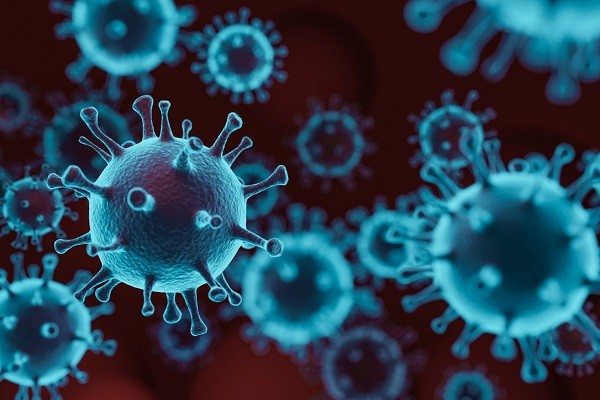- Japan is claiming to have developed the chip that can detect presence of covid-19 antibodies
- “The test also provides information about the number of antibodies produced by the immune system”
 To fight against Covid-19, Japanese scientist have developed a rapid, reliable and low-cost antibody test, that uses portable lab-on-a-chip technology to accurately measure the concentration of antibodies present in diluted blood plasma.
To fight against Covid-19, Japanese scientist have developed a rapid, reliable and low-cost antibody test, that uses portable lab-on-a-chip technology to accurately measure the concentration of antibodies present in diluted blood plasma.
Previous studies have found that Covid-19 antibodies, or proteins produced by the immune system to neutralise the virus, are present in the later stages of infection and can linger in the blood after the infection has cleared, allowing previously infected individuals to be identified, the study published in the journal Biosensors and Bioelectronics said.
Antibody tests are, thus, an important means of determination the full spread of the coronavirus – information that is crucial to public health policies, it said.
“Many existing platforms for antibody tests are accurate and reliable, but they are costly and need to be carried out in a lab by trained operators. This means that it can take hours, or even days to obtain results,” said study author Riccardo Funari from the Okinawa Institute of Science and Technology Graduate University (OIST).
The researchers avoided this trade-off between accuracy and accessibility by developing an alternative antibody testing platform that combines powerful light-sensing technology with a micro fluidic chip.
The chip provides results within 30mins and is highly sensitive, detecting even the lowest clinically-relevant antibody concentration.
Each chip is cheap to manufacture and negates the need for a lab or trained operators, increasing the feasibility of nationwide testing.
And there’s another distinctive advantage of this newly-developed platform.
“The test doesn’t just detect whether the antibodies are present or absent – it also provides information about the number of antibodies produced by the immune system. In other words, it’s quantitative,” said study author Amy Shen.
The antibody testing platform consists of a microfluidic chip which in interated with a fibre optic light probe. The chip itself is made from a gold-covered glass slide with an embedded microfluidic channel.
Using an electric voltage, the team fabricated tens of thousands of tiny spiky gold structures, each one smaller than the wavelength of light, on a glass slide.
The researchers then modified these gold nano spikes by attaching a fragment of the SARS-COV-2 spike proteins. This protein is crucial for helping the coronavirus infect cells and causes a strong reaction from an infected person’s immune system.
In this proof-of-concept study, the scientists demonstrated the principle behind how the test detects antibodies by using artificial human plasma sample spiked with Covid-19 antibodies that are specific to the spike protein.
Using a syringe pump, the sample is drawn trough the chip. As the plasma flows past the proteins-coated gold nano spikes, the antibodies bind to the spike protein fragments. This binding event is then detected by the fibre optic probe.












